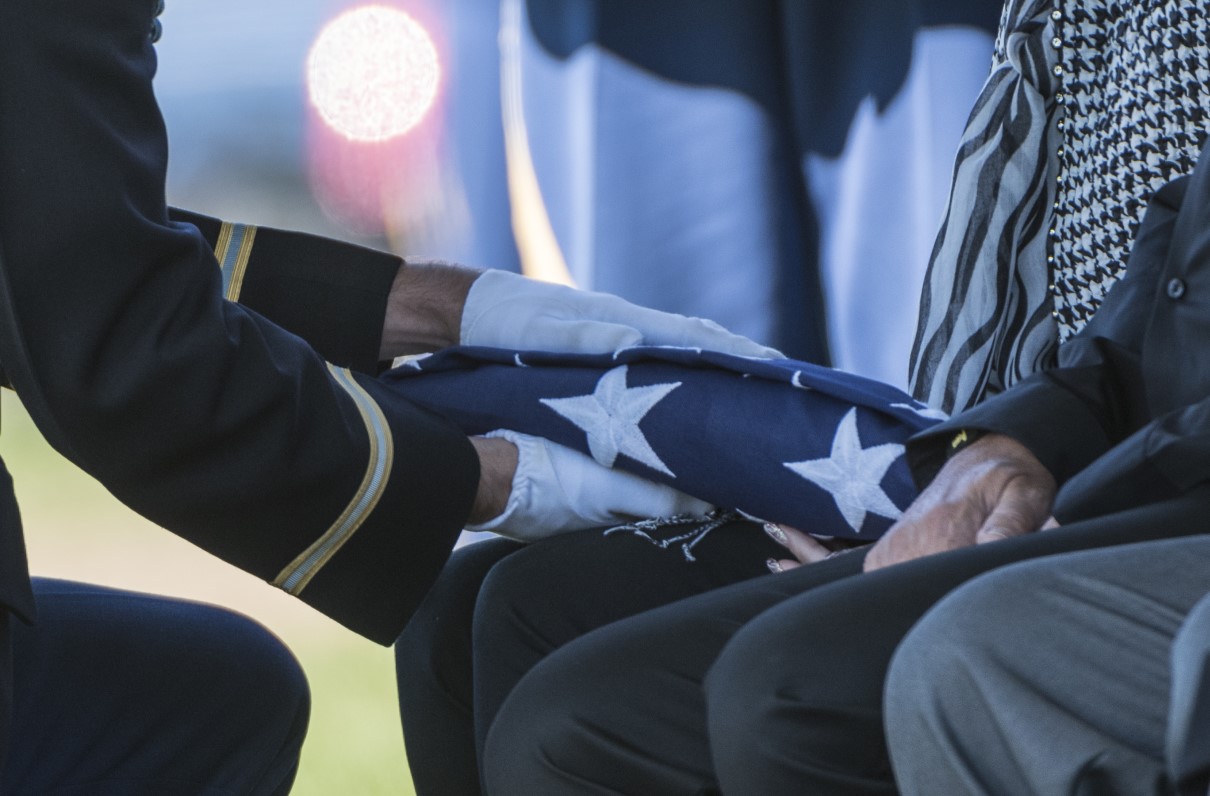Editor’s note: This article by Amanda Miller originally appeared on Military.com, a leading source of news for the military and veteran community.
Feb. 1 benefits checks won’t have the so-called “widow's tax” reducing income for the surviving spouses of military retirees who participate in two programs.
Until 2020, survivors couldn't receive the full amount of two survivor benefits at the same time. Under the rule known as the Survivor Benefit Plan (SBP) "offset," the government reduced payments that were part of that program by the amount of Dependency and Indemnity Compensation (DIC) that beneficiaries received from the Department of Veterans Affairs.
DIC is generally for the families of veterans who died in the line of duty or as the result of a service-connected injury or illness. With the Defense Department's SBP, by contrast, veterans elect whether to pay premiums that will guarantee their spouses or other beneficiaries a percentage of their retirement pay after they die. That choice is typically made upon retirement.
The monthly DIC payment for a veteran who died on or after Jan. 1, 1993, is $1,562.74 for 2023. Without the change in law, the government would have reduced SBP beneficiaries' payments by that much.
The decision to eliminate the "widow's tax" was a "huge win" and "the right thing to do," Mark Belinsky, director of currently serving/retired affairs for the Military Officers Association of America and an Army retiree, said in a phone interview. The SBP is a "very good plan," he added.
[RELATED: Surviving Spouse Resources From MOAA]
Congress came around to the idea that the reduction was unfair and laid out a process in the 2020 National Defense Authorization Act to gradually close the gap.
Rather than just changing the reductions to SBPs, the law began giving affected survivors an additional allowance to make up the difference, and as of the upcoming payments, the offset will no longer exist.
The reduction required when veterans participated in both programs deterred some from choosing to contribute to the SBP. Coinciding with the change to the deductions, the VA will give veterans a rare second chance to enroll this year.
The SBP is much more financially supportive than most forms of private life insurance. After a retiree dies, the SBP pays a beneficiary up to 55% of the retiree's monthly retirement pay, adjusted for inflation, for the rest of the surviving spouse's life or until a child reaches an age cap.
[UPDATED MONTHLY: MOAA's Surviving Spouse Corner]
Those who enroll during the open season, which lasts until Jan. 1, 2024, will have to catch up on paying the premiums they missed since retiring, plus pay interest and "any additional amount" deemed necessary to maintain the "soundness" of the Defense Department's retirement fund, according to the new law.
Current enrollees can also opt out during the open season but won't receive a refund on the premiums they've already paid.
The new chance to enroll became law when President Joe Biden signed the 2023 National Defense Authorization Act on Dec. 23, 2022. Until the forms and processes for enrollment become available, the Defense Department recommends that retirees update their information in the myPay system. Forms are in development and will be available by February at https://www.dfas.mil/sbpopenseason23, according to the Office of the Secretary of Defense.
